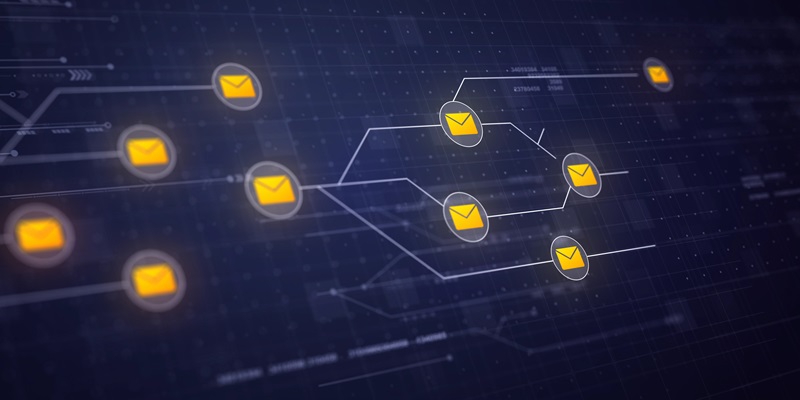As the world of email marketing advances, it continually reshapes itself in response to tighter regulations, the integration of more sophisticated technologies, and shifts in audience demands for content relevance and data privacy. To stay effective in their campaigns, marketers must navigate these waters with finesse, ensuring they craft messages that not only captivate but also adhere to the evolving norms of digital communication. This includes being aware of legislation like the GDPR, which mandates stricter consent practices, and harnessing tools that employ artificial intelligence to personalize content. Moreover, marketers must remain vigilant about the subtle shifts in consumer behaviour and anticipate expectations that trend toward more meaningful and privacy-conscious interactions. By balancing these factors, email marketing campaigns can achieve a level of engagement and compliance that aligns with the modern consumer’s desires while navigating the complex landscape of digital marketing laws and ethical standards. This holistic understanding and strategic approach are no longer optional but a crucial part of any successful email marketer’s approach.
Embracing Consent and Privacy
Email marketing has been redefined by regulations like Europe’s GDPR and the US CAN-SPAM Act, which compel marketers to gain explicit consent from users before sending communications. This requisite for clear permission is more than a procedural step, it’s a mandatory aspect of contemporary email strategies with legal consequences for those who disregard it. The insistence on consent has been driven by an evolving landscape that prioritizes privacy and data protection, reflecting the growing public awareness of data rights. Any deviation from these principles risks not only legal repercussions but also the erosion of consumer trust. As such, these regulations have significantly upgraded the standards of email marketing, enforcing transparency and respect for user preferences. Compliance is now integral, pushing marketers toward increasingly ethical practices.
The Rise of Marketing Automation
Marketing automation has revolutionized email marketing, making once time-consuming tasks like list management, audience segmentation, and sending schedules effortless through sophisticated software. This shift allows marketers to focus on strategic and creative aspects of campaigns rather than being overwhelmed by logistical details.
The integration of artificial intelligence and machine learning elevates this further by enabling real-time campaign optimization and predictive analytics for customer behaviour. The rise of hyper-personalization allows marketers to tailor messages more relevantly, mimicking direct conversations on a large scale, and enhancing customer engagement. This tech-driven approach to email marketing not only increases efficiency but also opens up new opportunities for targeted and impactful communication.
The Demand for Personalization
Email recipients today are choosier than ever before. Inundated with messages, they scrutinize every email for personalization that extends beyond their name. Consumers seek emails crafted to their interests, past behaviour, and are also tailored to foretell their future needs. Failing to personalize effectively can lead to decreased engagement, unsubscribes, and even harm a brand’s reputation.
Modern consumers also insist on controlling their email interactions. Empowered by regulations, they expect brands to honour their preferences about the content, timing, and frequency of emails. As a result, marketers are now refining email strategies, incorporating advanced segmentation and timing while customizing content meaningfully. This shift isn’t just about adapting to consumer demands—it’s pushing the boundaries of email marketing innovation.

